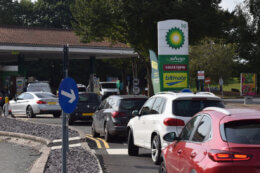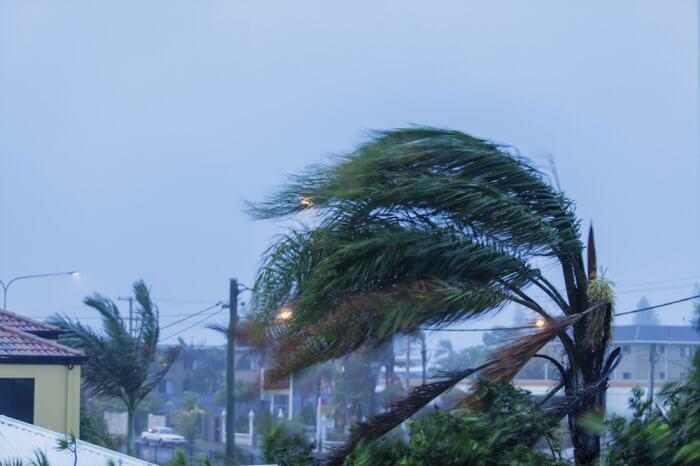
Think your car looks better in black? If you’re looking to save on your car insurance premiums, maybe check with your other-colour car friends first. New research from Compare the Market is warning motorists that they could be slugged with higher car insurance premiums based on the colour of their car.
The car insurance comparison service found that darker-coloured cars tend to attract higher insurance premiums than their lighter counterparts. In fact, on average, insurers who do change their pricing based on the colour of the car were seen to increase their premiums by as much as 8.72% for the same make and model of a vehicle, when only the colour of the car changed from white to black*.
Compare the Market’s Economic Director David Koch said that people should be aware that ‘colour premiums’ may be added to policies by some insurers.
“While it can be surprising to see such large discrepancies between some insurance policies based purely on colour, the fact is that some colours may make a vehicle more susceptible to theft or being in an accident and in turn, increase the risk of you needing to claim with your car insurer.
“For example, darker-coloured cars may be harder to see at night or during storms, which could result in more crashes and potentially drive-up prices. In other instances, novelty colours, such as gold or even purple, may be more challenging to repair if the bodywork is damaged.
“These findings are just a great insight into how differently insurers can calculate risk based on historical data, and it’s something to keep in mind when you’re looking at your car insurance renewal.”
However, it should be noted that not all insurers have a premium pricing policy based on colour. On average, the research found that the prices of policies with a ‘colour premium’ were still cheaper than the average price of those policies without ‘colour premiums’.
| Price | Car Colour | Average price increase with insurers that change pricing compared to a white car | Average price of policy with insurers that change pricing based on car colour | Average price of policy with insurers who have a single price for all car colours |
| Cheapest | White | N/A | $1,038.74 | $1,815.76 |
| Yellow and Turquoise | 2.96% | $1,069.49 | $1,815.76 | |
| Beige | 6.46% | $1,105.85 | $1,815.76 | |
| Blue and Red and Maroon and Orange | 7.23% | $1,113.81 | $1,815.76 | |
| Silver and Grey and Green and Gold and Brown and Purple | 7.89% | $1,120.70 | $1,815.76 | |
| Most expensive | Black and Other | 8.72% | $1,129.34 | $1,815.76 |
*See disclaimer at bottom of release for methodology
David Koch also commented that people shouldn’t take these findings at face value and should do their own research to find a deal that may better suit their needs.
“At the end of the day, car colour may be an important factor that people consider when they’re looking at their car insurance premiums, however in some cases, going with a brand that does have such ‘colour premiums’ may still come out cheaper than the policy they may be on.
“As the team at Compare the Market found in its analysis, most of the insurers who had one single-priced policy, no matter the car’s colour, were often still more expensive than some of the more expensive black car policies.
“So, there are still plenty of savings to be had, no matter which insurer you choose or the colour of your car.”
*Disclaimer
Based on quotes generated on the Compare the Market car insurance comparison site on the 15th February 2024, on a 2019 Toyota Corolla ZR Hybrid Auto, which drives an average of 15,000km per year, has no modifications, no damage, no finance and is used for only private uses. Based on a 30-year-old woman living in Petrie Terrace, 4000, Queensland, who parks her car in a garage, does not own another car, but owns her own home, and has a 30-year and over driver restriction on her policy.
+Data on car colours from insurance quotes based on Compare the Market’s car insurance comparison tool from 1/6/23 to 29/11/23, and may vary from other sources.
-ENDS-
For interviews and more information, please contact:
Noémi Hadnagy | m: 0433 377 252 | e: [email protected]
Compare the Market is a comparison service that takes the hard work out of shopping around. We make it Simples for Australians to quickly and easily compare and buy insurance, energy, and home loans products from a range of providers. Our easy-to-use comparison tool helps you look for a range of products that may suit your needs and benefit your back pocket.








